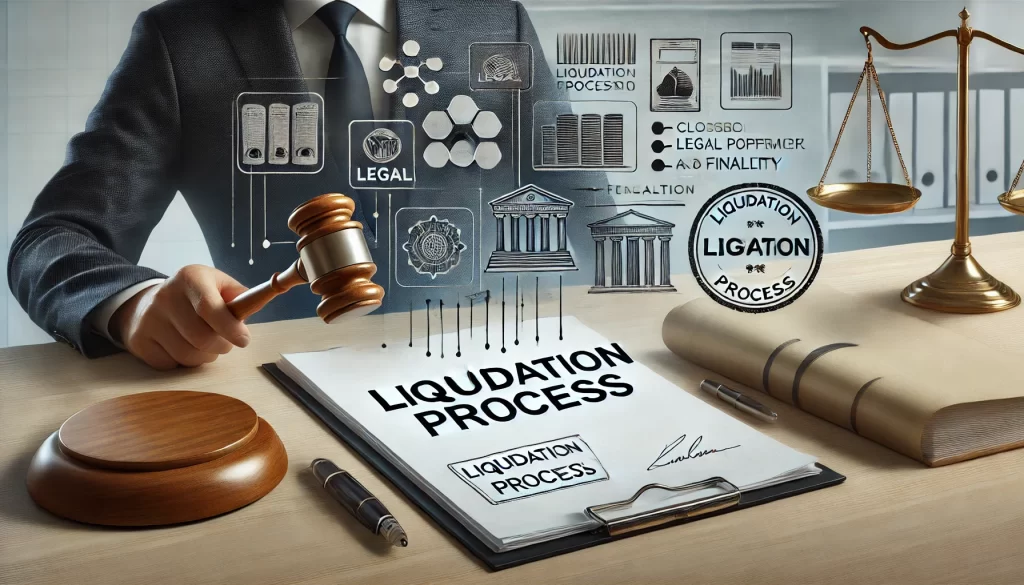Liquidation Process
At Stratus, we understand that the decision to liquidate a business is often a difficult one. Whether due to financial challenges, strategic realignment, or other reasons, our team is here to guide you through the liquidation process in Dubai with professionalism and expertise.

What is Liquidation?
Liquidation is the process of winding up a company’s affairs by selling its assets, settling its liabilities, and distributing any remaining funds to shareholders. In Dubai, this process is governed by local laws and regulations, and it’s crucial to follow the proper procedures to ensure compliance.
Types Of Liquidation
Steps Involved In The Liquidation Process:
Steps Involved In The Liquidation Process:
At Stratus, we offer comprehensive support throughout the liquidation process, ensuring a smooth and compliant experience. Our services include:
Get Started Today
If you are considering liquidation and need professional support, contact us at ?. . Let us help you navigate the liquidation process in Dubai with confidence and ease.

